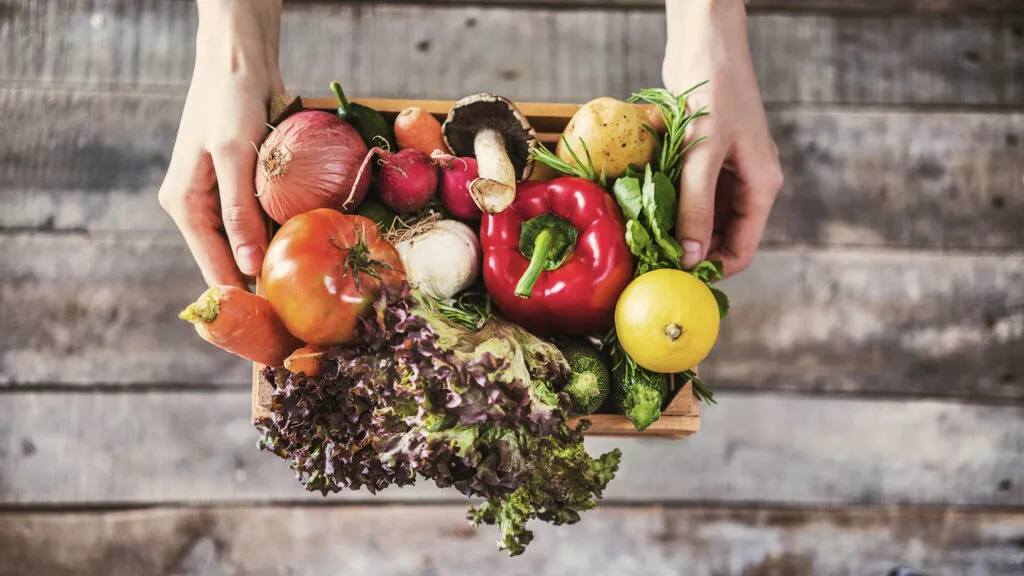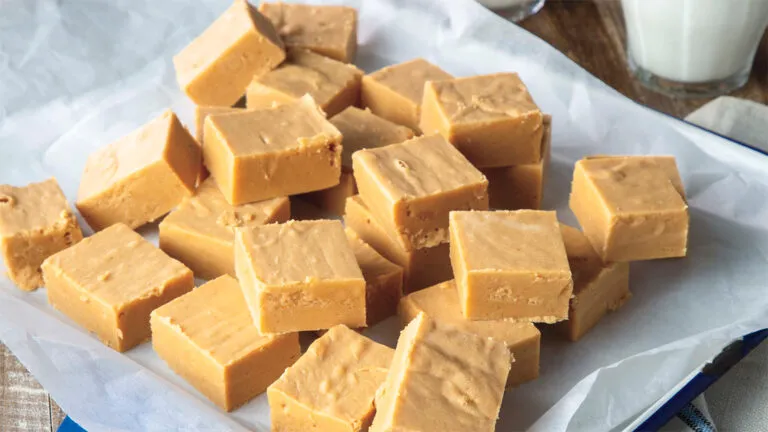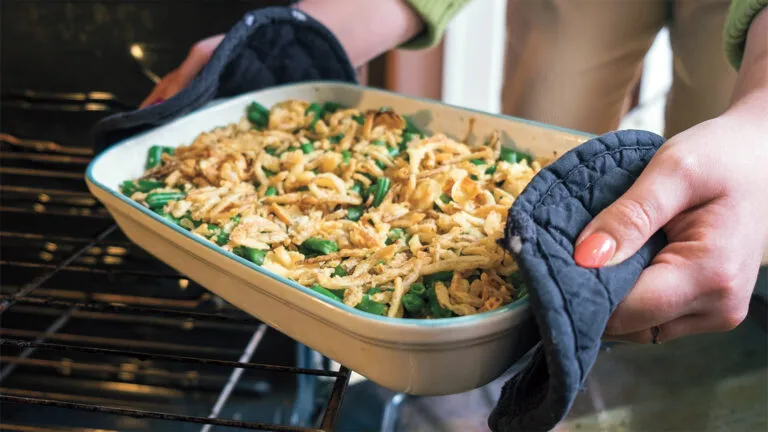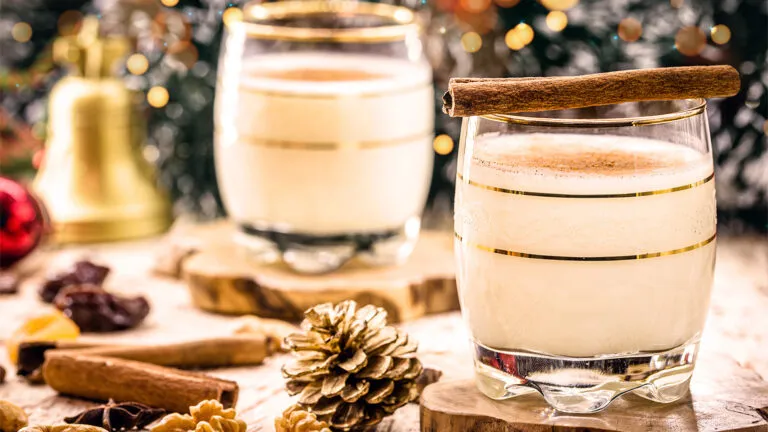Whether straight from the backyard, from your neighborhood farmer’s market or CSA (Community Supported Agriculture) box or from a stop at the produce section of the grocery store, fresh fruits and vegetables are one of the most—literally—delicious hallmarks of summer.
If you’re like me, and you love all the choices, you could end up with a fridge and counter full of harvest and wonder how not to let it spoil before you put it to tasty use?
I’ve been building a toolkit of ways to maximize the freshness so I can eat for days (or longer) from summer produce. Maybe some of these ideas will help you get more for your money—and your mouth?
1) Befriend the Freezer
It can feel like a cheat to slip just-picked foods into the freezer, but really, you are just DIY-ing a food preservation technique used by producers you shop in the grocery’s frozen section. To freeze peas, beans or carrots, give them a quick steam or blanch in boiling water to start them cooking. Then “shock” them in an ice bath before tucking them into freezer bags for tasty eating later.
Fruits from cherries to blueberries can be frozen in a single layer on a sheet pan and then stored in bags, ready to serve in the best bowl of winter oatmeal you’ve ever had. And if you have ice cube trays lying around, try freezing single berries into each cube to freshen up drinks this summer. You can also freeze tender herbs like basil or cilantro in ice cubes that can be tossed into soups and stews for a fresh flavor burst when the weather chills.
2) Water Your Greens
I crack myself up every year when I pick what I call a “bou-kale,” a lush arrangement of hardy kale that grows beautifully in my veggie garden. The bunch really does look like a bouquet of flowers….and so I’ve learned to treat it like one. Those greens are thirsty after they get cut, so sticking them in a vase or tall glass of cool water helps keep them juicy and delicious for days. This technique also works with bunches of tender herbs like mint, parsley or basil. And as a bonus, you get a vase of farm-fresh greenery to display on your counter or table!
3) Wash Strategically
Fresh can sometimes equal fragile, especially when it comes to the impact of dampness on fruits and vegetables after they’ve been picked. For delicate fruits like berries (especially raspberries and strawberries), give a cool-water rinse only to those you are about to eat, to avoid fuzzy spoilage. More hardy vegetables like squash or tomatoes can be washed when you get home, but be sure to store them with enough air circulating around them to let them fully dry.
Side Note: No refrigerating those tomatoes! They will go mealy and lose some of their just-picked flavor. Stored out of direct sunlight on the countertop in a single layer, summer tomatoes will keep for a long time…if you can resist eating them right away, of course.
4) Process as Needed
If you receive or harvest fresh produce with an inedible part attached—like greens attached to carrots or the core of a big head of lettuce—try to keep it intact until you’re ready to eat the veg. Every cut you make into a piece of produce allows water to escape, breaking precious cells that keep the plant nourished and feeling like it might still be in the ground. So if you have room in the fridge for frilly carrot tops, wait to remove the greens until you’re ready to crunch on the orange.
5) Treat Your Herbs Right
Herbs fall into two categories: delicate/tender and hardy/tough. For the latter—rosemary, thyme, oregano and sage—preserve your summer bounty by drying the leaves. You can do that either by hanging bunches of fresh clippings upside down in a dry spot or by letting them sit in your oven’s lowest setting until completely dry. Store at room temperature and use all year long.
For the delicate herbs—basil, parsley, cilantro or dill—truly the best approach is to gobble them up as soon as possible after picking. But if you want to extend their shelf lives, keep them in a glass of water on the counter or wrap them gently in a very damp paper towel for a couple of days in the fridge.
How do you make the most of summer’s fresh fruits and vegetables? I would love to hear about your tips.





